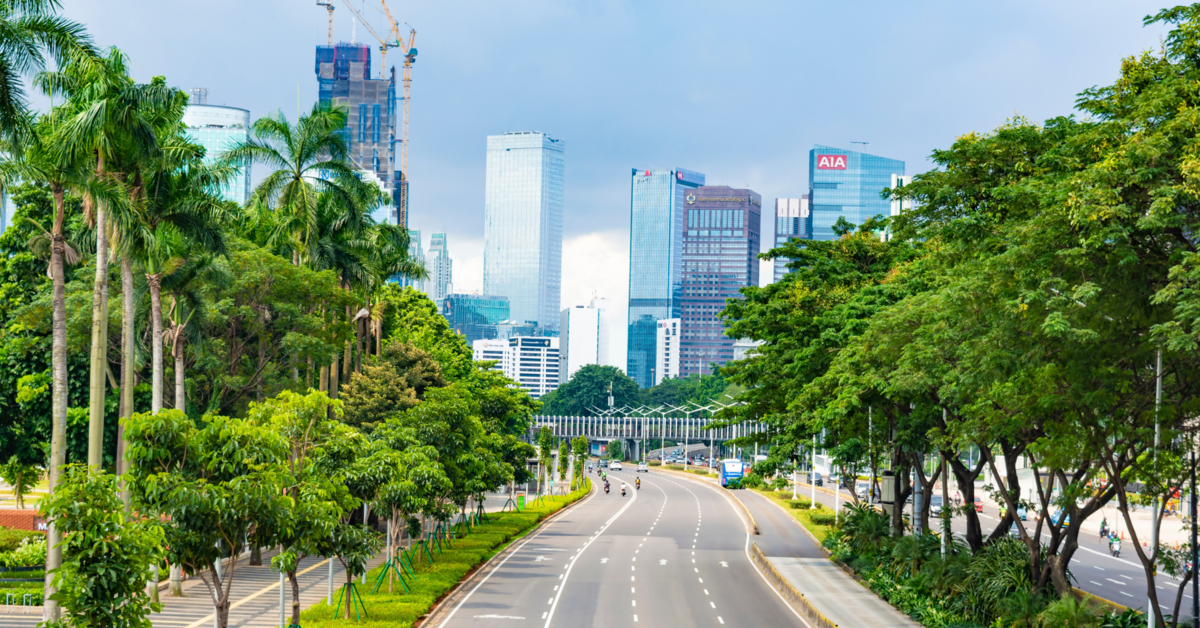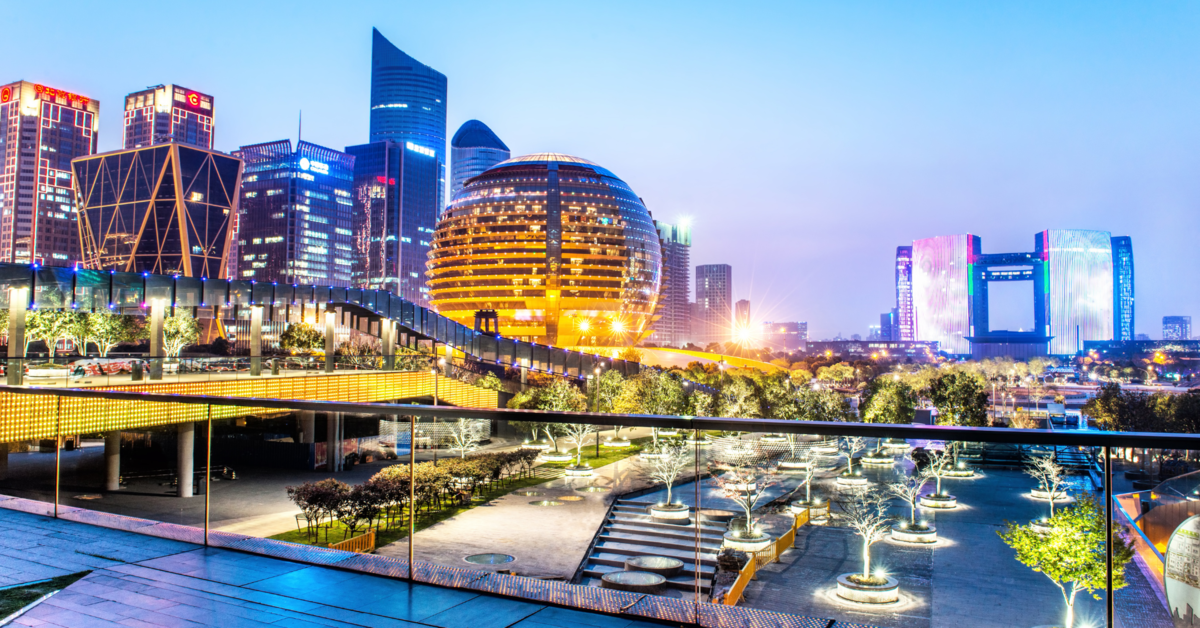Promises made for regulatory lifts, market-driven economy
From early on in the presidential race, President Yoon Suk-yeol vowed to bring back a market-driven economy, where the government is assigned with assisting businesses and facilitating their growth instead of leading economic development. He strongly opposed his liberal predecessor Moon Jae-in and his administration for positioning the central government as the lead actor driving economic growth.
Yoon has vocally expressed his will to go in the direct opposite course from his predecessor, who raised taxes on corporate conglomerates and used the increased state budget to back small and medium-sized enterprises. Moon’s income-led growth initiative largely ended unsuccessfully, which helped Yoon rise to power with no political background in just a year after entering politics.
Representing the conservative ruling People Power Party, President Yoon instead promised extensive regulatory reliefs and tax breaks to provide incentives for local firms and industries to fulfill his vision of bringing smaller government as well as to create more jobs and increase investment for existing and new technologies and markets. He also has vowed to create an environment that values scientific advances and research & development efforts.
One of many highlights of Yoon’s economic vision entails bringing back nuclear power as part of setting “realistic” carbon neutrality goals. Much of it, again, includes walking back from policies and objectives set by the Moon administration. Instead of pushing for anti-nuclear policies like Moon did, Yoon vowed to resume construction of nuclear power plants and extending operations of nuclear reactors in place.
These sets of initiatives, Yoon believes, will help South Korean economy recover after undergoing serious downturn from the ongoing COVID-19 pandemic, which caused many businesses to shut down from anti-virus measures, dampened the investor sentiment, and caused steep hikes in government debt. Global economic troubles also paid a toll on the Korean economy, causing economic stagnation stemming from hyperinflation. The country’s consumer prices rose 6.3 percent on-year in July, which was the fastest rate seen in nearly 24 years.
Changes already taking place, more to follow
The Yoon administration has already started making moves to fulfill the campaign pledges over the past 100 days, drafting and announcing major plans for tax reform, new investment and regulatory reliefs.
The government and the ruling party publicly announced they are focused on lessening the income tax burden and lowering taxes imposed on businesses. The Ministry of Economy and Finance announced in July to cut the maximum corporate tax rate from the current 25 percent to 22 percent, as the rate is high compared to the average rate of 21.2 percent for other member states of the Organization for Economic Cooperation and Development’s Development Assistance Committee.
The Yoon administration is also working in line with its campaign pledge to bring smaller government, unveiling that next year’s budget will be smaller than the aggregate state spending for this year at KRW 676.7 trillion. Government agencies and state-run entities have been ordered to execute rigorous restructuring efforts, and the government will be reducing the number of its job creation programs to let the private sector work towards job creation instead.
Notably, to encourage businesses to increase investment and create more jobs, Yoon granted his first special pardons to key businesspeople on the occasion of Liberation Day anniversary on Aug. 15. The list of beneficiaries includes Samsung heir Lee Jae-yong, Lotte Group Chairman Shin Dong-bin and many other prominent figures of the business community. The main opposition Democratic Party of Korea initially opposed the move to pardon Lee and other business community leaders, but the opposition waned as opinion surveys showed the general public was generally in favor of granting pardons for business figures.
And to fulfill his vow to foster nuclear energy, the Ministry of Trade, Industry and Energy is planning to resume construction of new nuclear reactors in the next two years while vowing to offer KRW 130 billion-worth of nuclear energy-related projects within this year. The move comes following Yoon’s vow to raise the share of nuclear power of the country’s energy mix to 30 percent or higher by 2030. Policymakers also supported by conducting deregulations over 26 energy-related projects.
Growing political challenges dim prospects
But the promises for regulatory fixes and tax reliefs may not be easy to pursue for the Yoon administration, especially in the early half of his five-year term, as he and his party face a steep uphill battle against the Democratic Party essentially controlling the legislative branch.
The Democratic Party has been aggressively opposing any legislative push coming from the Yoon administration, which will cause delays in executing Yoon’s major campaign pledges and visions on economy. Providing regulatory reliefs and lifting tax burdens will need approval from the National Assembly. But as the liberal party controls 169 out of 300 lawmaker seats, any such push will require extensive political bargaining and power wrestle.
Yoon and the People Power Party are looking to turn the tide in April 2024 by scooping big wins in the scheduled legislative elections, but chances do not seem likely for the time being as Yoon’s approval ratings have hit rock-bottom and turmoil has continued within the conservative ruling party.
According to a Realmeter survey released on Aug. 15, only 30.4 percent of respondents positively rated Yoon’s performance in running state affairs after hitting plateau at 29.3 percent a week earlier. Low approval could burden the president from pushing for extensive reforms, as negative public sentiment could add power to the opposition bloc, which is just about to consolidate its forces by electing a new chairman to serve for a two-year term.
The People Power Party has also seen its internal divide grow after ousting its chairman and transitioning to an emergency steering mode. The divide is expected to remain in place until a new chairman is elected and the party decides who to follow as the new leader. Only then the Yoon administration will be able to effectively communicate with interest groups, legislators and key stakeholders for effective execution of his policy drives.
Contributions from EGA South Korea



